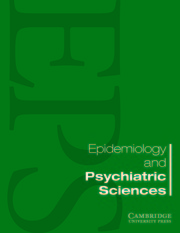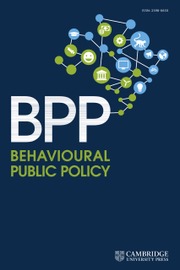Politics and the New Challenge of Migration
This volume provides a comprehensive overview of the social psychology of conflict rooted in human evolution, with a particular focus on migration and its challenges in a globalized world. It examines theories for how conflict emerges between cultural, social, and political groups striving to advance their own interests and agendas and considers their impact on democratic systems that guarantee human rights and freedoms. Building on the study of social psychological tendencies and motivations, including human needs for identity and affiliation, new empirical procedures are introduced for bridging cultural, social, and political divides that encourage students, scholars, and policymakers to consider reconciliatory strategies for conflict resolution. By examining political leanings and tendencies for activism and democratic engagement, this book articulates the ethical and political moral grounds guiding decision-making in intergroup and intercultural relations and challenges readers to reflect on their moral standpoints.
- Provides methods for reconciling social, cultural, and political differences between groups, as well as for detecting and studying political extremism
- Challenges readers to consider their underlying biases and the political worldviews they subscribe to
- Provides an accessible review of the scientific literature concerning conflict in the human species
Reviews & endorsements
'Sammut offers a compelling analysis of the psychological structures shaping movement, integration and exclusion. Bridging theory and real-world implications, this empirically grounded framework promotes mutual understanding in an era of division – essential reading for scholars, policymakers and anyone invested in the future of multicultural societies.' Kevin R. Carriere, Assistant Professor of Psychology, Stonehill College
'This insightful book delves into the challenges of migration, social identity, cultural differences and democracy. It critiques the shortcomings of large-scale societal initiatives and stresses the importance of mindful decision-making in conflict resolution. By advocating for more robust democratic systems, it underscores their capacity for self-correction, even with human flaws, offering hope for future unity.' Karina V. Korostelina, Professor and Director of Sustainable Peace Lab, Carter School for Peace and Conflict Resolution, George Mason University
Product details
October 2025Paperback
9781009285070
207 pages
229 × 152 mm
Not yet published - available from October 2025
Table of Contents
- List of Figures
- List of Tables
- 1. In Search of the Promised Land
- 2. The Social Contract
- 3. Social Cognition
- 4. Social Identity
- 5. The Public Sphere
- 6. Multiculturalism and Competing Policies
- 7. The Populist Backlash
- 8. Democracy: The Impossible Dream
- 9. Building a Bridge over Babylon: Patching up Discord
- 10. Ethics-Politics Morals: What's Good for the Goose is not Good for the Gander
- 11. The Dark Side of Politics: Who Dares Wins
- References
- Appendix
- Index.





